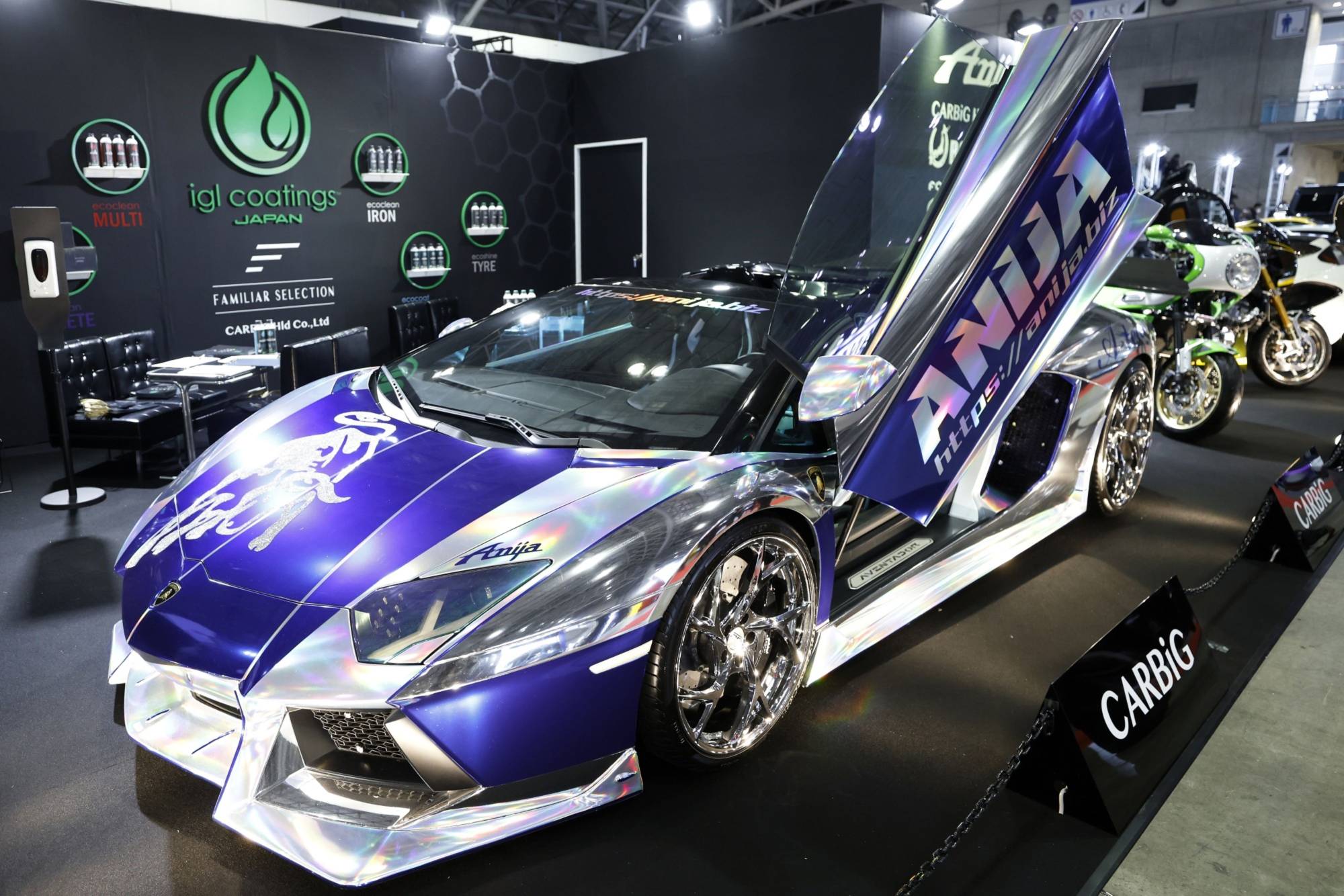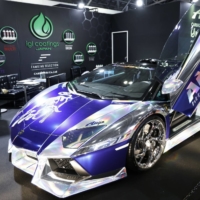Ferraris, Lamborghinis and other supercars are seeing an unprecedented sales boom in Japan, fueled by pent-up, post-COVID-restriction demand from wealthy buyers, who also see the vehicles as good investments amid a weakening yen and soaring used-car prices.
New registrations of automobiles costing more than ¥20 million ($136,000) yen rose 64% to 5,462 vehicles during January through October from the same period a year earlier, when registrations also jumped 75%, data from the Japan Automobile Importers Association shows. Despite those gains, total sales of imported cars fell 11% to 193,026 units during the same period this year.
After more than two years of COVID-related restrictions, drivers are spending money on new cars, while the global shift toward electric vehicles is sparking interest in supercars and the growl of their engines, according to Yasuhiro Suyama, president of the Japan Supercar Association.
"If you don’t drive them now, then when?” Suyama said.
Supercar registration numbers reflect, to a certain extent, orders placed a while ago, said Ken Miyao, an analyst at Carnorama, an automobile research company. While prices will rise due to inflation and the weaker yen, "the number of people who want to buy is definitely increasing, and demand for supercars won’t fall,” he said.
Despite a slowdown in economic activity over the past two-plus years, incomes for the wealthy have been on the rise, according to Tokyo Shoko Research. The number of company executives with compensation of more than ¥100 million rose 22% to 663 people during the fiscal year through March, according to the firm.
The availability of supercars will probably continue to be limited because of the ongoing chip shortage in the global auto industry, helping to support used-car prices.
"It is better to invest in ultraluxury cars for their resale value rather than holding cash,” Miyao said.




